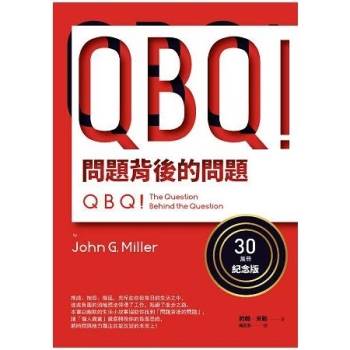This book explores the articulation between macro-social historical transformations and the opportunities and constraints that the resultant political and property regimes presented for villagers. It builds on ethnographic analyses of rural Eastern Europe by adding an historical analysis of the configurations and reconfigurations of life trajectories across three successive generations. The villagers studied lived a succession of property and political configurations: democratic and authoritarian regimes grounded in free market and private property until 1947, a totalitarian regime of state-socialism until 1989, and a liberal democracy re-building a free market economy from 1990 until today. It also brings forward an empirical exploration of the concept of generation, grounded on a re-reading of Karl Mannheim. The book is distinctive in its historical breath, covering a century via a detailed, rich ethnographic study, that includes a diversity of social positions (from the richest members of the community to those of very poor means) and a diversity of three ethnicities and religions.
| FindBook |
有 1 項符合
Parallel Lives: An Empirical Exploration of the Concept of Generation的圖書 |
 |
Parallel Lives: An Empirical Exploration of the Concept of Generation 作者:Goina 出版社:Palgrave MacMillan 出版日期:2025-01-18 語言:英文 規格:精裝 / 普通級/ 初版 |
| 圖書館借閱 |
| 國家圖書館 | 全國圖書書目資訊網 | 國立公共資訊圖書館 | 電子書服務平台 | MetaCat 跨館整合查詢 |
| 臺北市立圖書館 | 新北市立圖書館 | 基隆市公共圖書館 | 桃園市立圖書館 | 新竹縣公共圖書館 |
| 苗栗縣立圖書館 | 臺中市立圖書館 | 彰化縣公共圖書館 | 南投縣文化局 | 雲林縣公共圖書館 |
| 嘉義縣圖書館 | 臺南市立圖書館 | 高雄市立圖書館 | 屏東縣公共圖書館 | 宜蘭縣公共圖書館 |
| 花蓮縣文化局 | 臺東縣文化處 |
|
|
圖書介紹 - 資料來源:博客來 評分:
圖書名稱:Parallel Lives: An Empirical Exploration of the Concept of Generation
內容簡介
作者簡介
Calin Goina is Associate Professor in the Sociology and Social Work department of Babes-Bolayi University, Romania. He holds a BA in Sociology from the University of Timisoara, Romania, an MA in Political Science from the Central European University, Budapest, Hungary and a PhD in Sociology from the University of California, Los Angeles. His work combines ethnographic work with an interest in historical sociology with publications on the politics of memory and commemoration (Goina 2015, 2018), on social history during the ’short’ XXth century (Goina 2009; Goina 2009b), as well as on the performative dimensions of 2011 Romania’s protest movements, as a participant-cum-researcher (Goina 2012).
|











